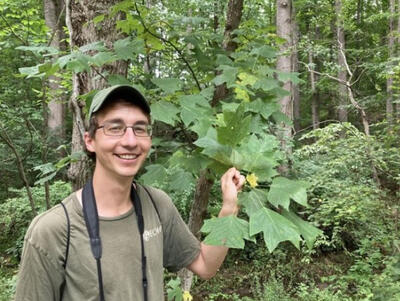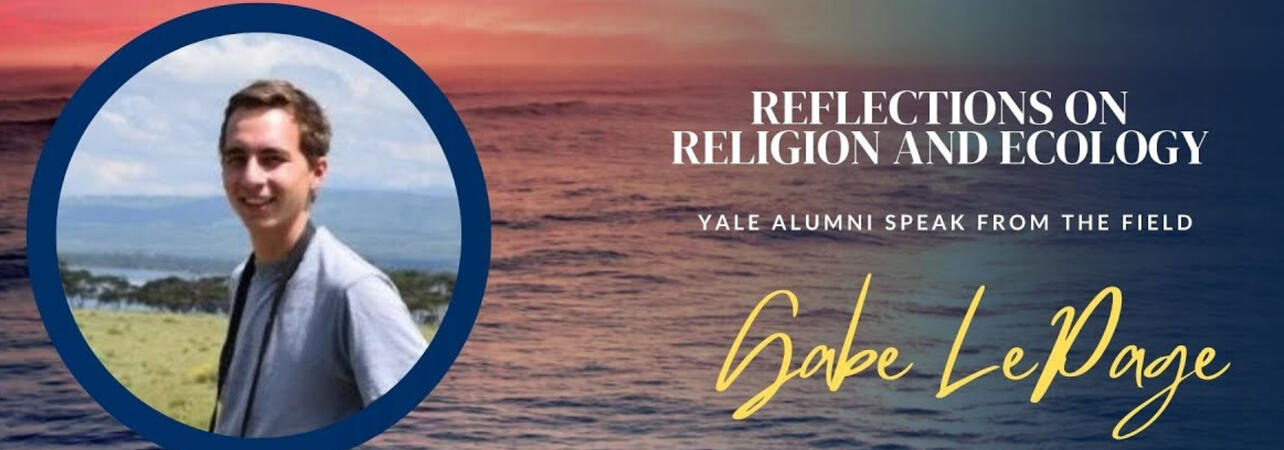Gabe LePage

In this episode of Reflections on Religion and Ecology: Yale Alumni Speak from the Field, Gabe LePage—a dual-degree graduate of Yale Divinity School and Yale School of the Environment—joins host Tali Anisfeld to explore the sacred, systemic, and community-rooted dimensions of urban ecology. From planting fruit trees in public parks to shaping food security strategies with churches, Gabe brings both theological training and environmental imagination to the ground level of change.
As an organizer, theologian, and community forester, Gabe is deeply invested in the power of neighborhood greenspaces to grow more than food: they grow connection, trust, and long-term capacity to tackle systemic injustice.
In this episode, we explore:
– What it means to “live the Gospel” through local ecology
– How fruit trees create intergenerational food security
– Why faith spaces are critical sites of environmental action
– The theological vision behind community-led urban gardens
– How we build trust through place-based care
This interview is part of a series spotlighting Yale alumni reimagining the relationship between spirituality and sustainability in real-world settings.
Fruit trees aren’t just food—they’re futures. Gabe LePage talks about planting long-term food forests in New Haven and how faith communities can create edible landscapes that nourish generations.
For Gabe LePage, planting trees is just the beginning. In this clip, he explores how accessible green spaces foster deeper social fabric, reduce isolation, and build the trust needed to face systemic challenges—especially in marginalized communities.
Gabe LePage reflects on how churches can become powerful sites of ecological transformation. In this clip, he explores what it means to live the Gospel through tangible acts of environmental stewardship—especially in sacred community spaces. From preaching to planting, Gabe calls on faith leaders to embody love in action and align their ministries with the health of the Earth.

